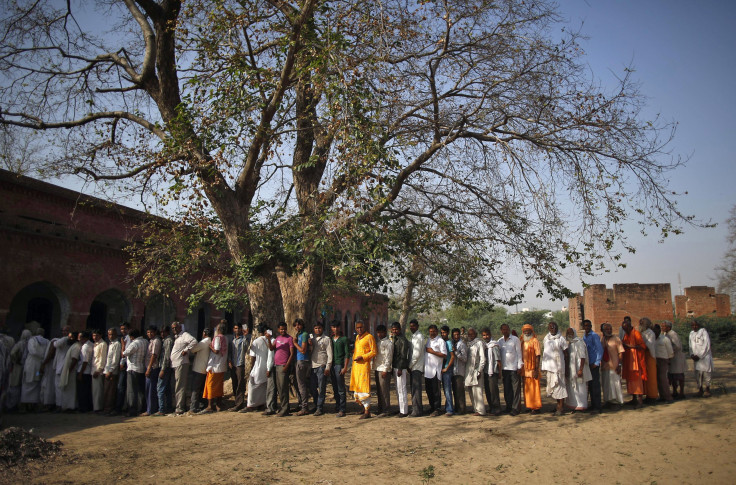Indian Expats To Be Allowed To Vote Through Absentee Ballot, Country's Apex Court Rules

India’s Supreme Court, the country's highest court, on Monday asked the government to allow Non-Resident Indians (NRIs), or Indian citizens living abroad, to vote remotely. This would mean that Indians living in foreign countries would be allowed to vote from their country of residence.
Until now, Indian citizens living abroad have had to travel back home in order to exercise their franchise, something not many people do. India had given voting rights to NRIs in 2010. Under the new system -- e-voting -- a blank postal ballot paper is emailed to the voter, who has to then fill it and send it to their constituency via post, according to a report by NDTV, a local news network. India already allows on-duty defense personnel and certain categories of government officers and exiled Kashmiri Hindus to cast their vote remotely.
The apex court has reportedly said that the proposed e-voting mechanism, which could require a constitutional amendment, should be implemented within eight weeks.
More than 10 million Indian citizens currently live abroad and, according to government data, a significant number of Indian passport holders reside in North America, Europe, the Persian Gulf, Africa, Singapore, China and Australia, among other countries. This group is separate from People of Indian Origin (PIO), who are citizens of other countries and do not have voting rights in India.
Last week, at the annual Pravasi Bharatiya Diwas (Non-resident Indian Day), Prime Minister Narendra Modi had made a strong pitch to wealthy Indian expats, spread over 200 countries, to invest in India. Since assuming office in May, Modi has made significant overtures and received hearty welcomes from Indians on his trips to the U.S. and Australia.
Although India has over 810 million eligible voters, of late, the relatively much wealthier NRI community has become increasingly influential in Indian elections, especially with the advent of social media. Thousands of NRIs had reportedly traveled to India to support Modi’s Bharatiya Janata Party. Several other political parties, including former Delhi chief minister and Magsaysay award winner Arvind Kejriwal’s Aam Aadmi Party, had also sought funding from Indian expats.
The latest announcement comes even as elections to the local assembly in Delhi are set to be announced. India’s capital has been in the throes of a political logjam ever since Kejriwal resigned last February after only 49 days in office. His government failed to pass an anti-corruption legislation after it fell short of securing the required support in the Delhi assembly.
© Copyright IBTimes 2025. All rights reserved.




















